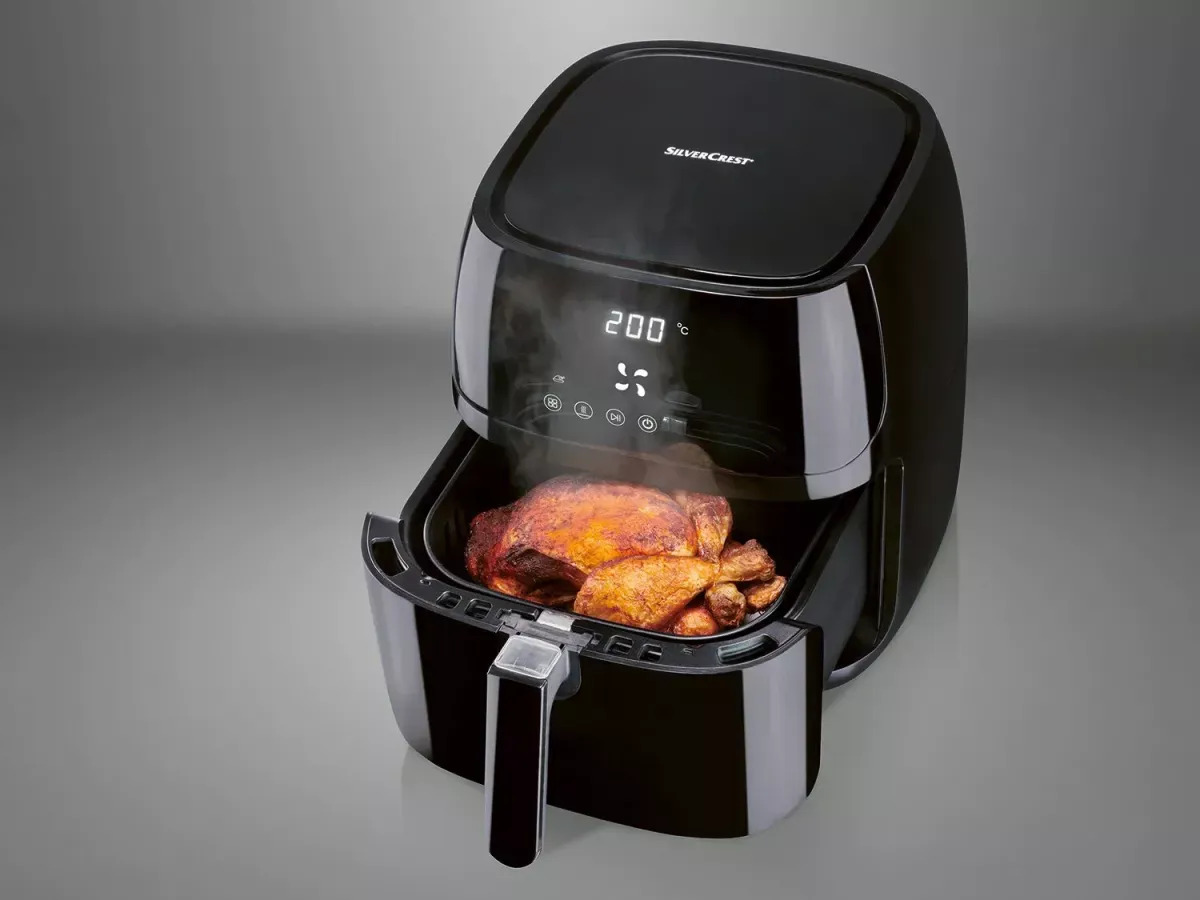

Articles
Why Is My Air Fryer Smoking
Modified: January 6, 2024
Discover why your air fryer is smoking with expert articles. Learn how to troubleshoot and avoid potential hazards for a safer cooking experience.
(Many of the links in this article redirect to a specific reviewed product. Your purchase of these products through affiliate links helps to generate commission for Storables.com, at no extra cost. Learn more)
Introduction
Before we dive into the reasons why your air fryer might be smoking, let’s take a moment to appreciate the wonders of this innovative kitchen appliance. Air fryers have become increasingly popular in recent years due to their ability to cook food with minimal oil, resulting in healthier and guilt-free meals.
But what happens when you’re expecting perfectly crispy and delicious food, and instead, your air fryer starts emitting smoke? This can be quite alarming and may leave you wondering if your appliance is faulty or if you’re doing something wrong.
In this article, we will explore the various reasons why your air fryer might be smoking and provide some troubleshooting tips to help you resolve the issue. So, let’s get started and find out why your air fryer is smoking!
Key Takeaways:
- Excessive oil, food residue, and damaged heating elements are common culprits for smoke in air fryers. Follow proper usage guidelines, clean regularly, and troubleshoot to enjoy smoke-free cooking.
- Maintain your air fryer by using recommended oil amounts, cleaning detachable parts, and ensuring proper airflow. With these steps, you can prevent smoke and savor the benefits of healthy air frying.
Read more: Why Is My Toaster Smoking
Understanding the Basics of Air Fryers
Before we delve into the possible reasons for smoke in your air fryer, it’s crucial to have a solid understanding of how air fryers work. Air fryers are countertop kitchen appliances that use hot air circulation to cook food. They employ a rapid air technology that mimics the cooking process of deep-frying but with significantly less oil.
The key component in an air fryer is a heating element that produces the required heat to cook the food. The heat is circulated rapidly within the appliance using a powerful fan. This hot air surrounds the food, creating a crispy outer layer while preserving the moisture inside, resulting in deliciously cooked meals.
Unlike traditional deep-frying, which requires a large amount of oil to immerse the food, air fryers use only a fraction of the oil. This not only reduces the calorie content of the food but also eliminates the greasy aftertaste often associated with deep-fried dishes.
Now that we have a basic understanding of how air fryers work, let’s explore some of the common reasons why your air fryer might be emitting smoke.
Reasons for Smoke in an Air Fryer
Seeing smoke coming out of your air fryer can be concerning, but don’t panic just yet. There are several reasons why your air fryer might be smoking, and most of them can be easily resolved.
1. Excessive Oil or Grease: One common cause of smoke in an air fryer is the presence of excessive oil or grease. When you use too much oil or grease, it can drip onto the heating element, causing it to smoke. To avoid this, make sure to use only the recommended amount of oil or grease while cooking.
2. Food Residue or Drip Tray Overflow: Another reason for smoke in an air fryer is the accumulation of food residue or overflow in the drip tray. When fatty foods are cooked, the excess fat can drip into the drip tray, and if it overflows, it can come into contact with the heating element and produce smoke. Regularly empty and clean the drip tray to prevent this issue.
3. Incorrect Usage or Misplacement of Parts: Operating the air fryer incorrectly or misplacing parts can also lead to smoke. For example, if you accidentally place aluminum foil or parchment paper on the heating element, it can cause smoke. Always follow the manufacturer’s instructions and ensure that all parts are properly placed.
4. Damaged Heating Element: In some cases, a damaged heating element can be the culprit behind the smoke. If you’ve ruled out the above issues and your air fryer continues to emit smoke, it’s possible that the heating element is faulty or damaged. In this case, it’s best to contact the manufacturer for further assistance.
Now that we’ve identified the potential reasons for smoke in an air fryer, let’s move on to some troubleshooting tips that can help you address this issue.
Excessive Oil or Grease
One of the most common reasons why an air fryer may produce smoke is the presence of excessive oil or grease. It’s crucial to use the recommended amount of oil or grease while cooking to prevent this issue.
When you add too much oil or grease to your food, any excess can drip onto the heating element, causing it to smoke. To avoid this, follow these tips:
- Read the manufacturer’s guidelines: Every air fryer model has specific recommendations regarding the amount of oil or grease to use. Consult the user manual or the appliance’s official website to determine the appropriate quantity.
- Use a oil mister or spray bottle: Instead of pouring oil directly onto the food, consider using an oil mister or spray bottle. This allows you to evenly distribute a light coating of oil, reducing the risk of excess liquid dripping onto the heating element.
- Pat dry your food: Before placing food in the air fryer, make sure to pat it dry with a paper towel. This removes any excess moisture and reduces the need for excessive oil or grease.
- Use cooking spray sparingly: If you prefer to use cooking spray, do so sparingly. Hold the can at a distance from the food and spray lightly to avoid oversaturating the dish.
Remember, the goal of an air fryer is to cook food with minimal oil, so it’s important to strike a balance between adding enough oil for flavor and texture while avoiding an excessive amount that can result in smoking.
If you’ve followed these guidelines and your air fryer continues to smoke, it’s time to explore other possible causes, such as food residue or a malfunctioning part. We will cover these issues in the upcoming sections to help you troubleshoot the problem effectively.
Food Residue or Drip Tray Overflow
Another common reason for smoke in an air fryer is the accumulation of food residue or overflow in the drip tray. When fatty foods are cooked, excess fat can drip into the drip tray. If the drip tray isn’t emptied regularly, it can lead to overflow and come into contact with the heating element, causing smoke.
To prevent smoke due to food residue or drip tray overflow, follow these steps:
- Regularly empty the drip tray: After each use, make it a habit to remove the drip tray and empty any accumulated food residue and excess fats or oils. This prevents them from overflowing and causing smoke during future cooking sessions.
- Clean the drip tray thoroughly: Periodically clean the drip tray with warm soapy water to remove any stubborn residue. Rinse it well and allow it to dry completely before placing it back in the air fryer.
- Use aluminum foil or a liner: To further prevent drippings from reaching the heating element and causing smoke, you can line the drip tray with aluminum foil or a disposable liner specifically designed for air fryers. Just make sure to follow the manufacturer’s instructions and avoid covering the heating element directly.
By keeping the drip tray clean and emptying it regularly, you can significantly reduce the risk of smoke due to food residue or overflow. However, if you still notice smoke after taking these steps, it’s important to investigate other potential causes, such as incorrect usage or a damaged part, which we will discuss in the following sections.
Make sure to clean the air fryer basket and tray regularly to prevent smoking. Excess oil and food residue can cause smoke during cooking.
Read more: Why Did My Air Fryer Stop Working
Incorrect Usage or Misplacement of Parts
Incorrect usage or misplacement of parts can also contribute to smoke in an air fryer. It’s essential to understand the proper way to use your specific model of air fryer to avoid any potential issues.
Here are some factors to consider:
- Follow the manufacturer’s instructions: Always read and follow the manufacturer’s guidelines and instructions for your air fryer. Each model may have specific instructions on how to assemble, use, and clean the appliance.
- Avoid using non-air fryer safe materials: Certain materials, like aluminum foil or parchment paper, may not be suitable for direct contact with the heating element in your air fryer. Placing these materials incorrectly or touching the heating element can cause smoke. Follow the manufacturer’s guidelines to ensure proper placement of materials.
- Properly place the cooking basket: Make sure the cooking basket is securely placed in the air fryer before starting the cooking process. Failure to do so may cause the basket to rattle or interfere with the fan, leading to smoke.
- Check for loose parts: Over time, parts of the air fryer may become loose or misaligned. Before each use, inspect the appliance to ensure all parts are properly in place and tightened.
By using your air fryer correctly and ensuring that all parts are properly placed, you can minimize the chances of smoke occurring. However, if you continue to experience smoking issues, it’s essential to investigate further to rule out any other potential causes, such as a damaged heating element, which we will explore in the next section.
Damaged Heating Element
If you’ve ruled out excessive oil or grease, food residue, and incorrect usage as causes of smoke in your air fryer, it’s possible that you have a damaged heating element. The heating element is responsible for generating the heat necessary to cook your food, and if it becomes damaged, it can produce smoke.
Here are some signs that your heating element may be damaged:
- Consistent smoke: If you consistently experience smoke every time you use your air fryer, even after taking appropriate measures to prevent it, there may be an issue with the heating element.
- Unusual smells or noises: If you notice strange smells or hear unusual noises coming from your air fryer during operation, it could indicate a problem with the heating element.
- Inconsistent cooking results: A damaged heating element may result in uneven cooking or longer cooking times than usual.
If you suspect that your air fryer’s heating element is damaged, it’s important to contact the manufacturer or consult a professional for assistance. They can provide guidance on how to troubleshoot or repair the issue, or they may recommend replacing the heating element altogether.
Remember, a damaged heating element is a less common cause of smoke in an air fryer, so be sure to thoroughly investigate other potential reasons before concluding that the heating element is at fault.
Now that we’ve covered the various possible causes of smoke in an air fryer, let’s move on to some troubleshooting tips to help you reduce smoke and enjoy smoke-free cooking.
Troubleshooting Tips for Reducing Smoke
If you’re experiencing smoke in your air fryer, there are several troubleshooting steps you can take to address the issue:
- Adjust cooking time and temperature: Smoke can be caused by cooking food at a higher temperature or for a longer time than necessary. Experiment with different cooking times and temperatures to find the optimal settings for your recipes.
- Preheat the air fryer: Preheating the air fryer for a few minutes before adding your food can help reduce smoke. This ensures that the appliance is at the desired temperature before starting the cooking process.
- Use a higher smoke point oil: If you’re using oil in your recipes, choose oils with higher smoke points, such as avocado oil or peanut oil. Oils with low smoke points, like olive oil, can produce smoke at high temperatures.
- Clean the air fryer regularly: Regular cleaning is crucial to prevent the buildup of food residue and grease, which can lead to smoke. Follow the manufacturer’s instructions for cleaning your air fryer, focusing on removing any stubborn residue.
- Check for proper airflow: Ensure that the air vents and fan of the air fryer are not obstructed. Blocked airflow can lead to smoke. Keep the surrounding area clear and avoid placing items on top of the air fryer.
- Reduce the amount of oil used: Try using less oil or grease in your recipes to minimize the chances of excess dripping onto the heating element and causing smoke.
- Inspect and replace damaged parts: Regularly check the condition of your air fryer’s components, such as the heating element or cooking basket. If any parts are damaged or worn out, replace them as necessary to prevent smoke.
By following these troubleshooting tips, you can significantly reduce smoke in your air fryer and enjoy a hassle-free cooking experience. However, if you’ve tried these steps and the smoke persists, it’s advisable to seek professional assistance or contact the manufacturer for further support.
Next, let’s explore the importance of cleaning and maintaining your air fryer to prevent smoke and ensure optimal performance.
Cleaning and Maintenance of Air Fryers
Cleaning and maintaining your air fryer is essential not only for preventing smoke but also for ensuring its longevity and optimal performance. Here are some tips to keep your air fryer clean and well-maintained:
- Read the manufacturer’s cleaning instructions: Start by familiarizing yourself with the specific cleaning recommendations provided by the manufacturer. These instructions may vary depending on the model and materials used in your air fryer.
- Allow the air fryer to cool down: Before cleaning, make sure the air fryer is completely cool to avoid any risk of burns. Unplug the appliance and wait for it to cool down before handling or cleaning.
- Remove accessories and wash them: Take out the detachable parts of the air fryer, such as the cooking basket, drip tray, and any other removable components. Wash them with warm soapy water and a non-abrasive sponge or cloth. Rinse them thoroughly and allow them to air dry before reassembling.
- Wipe down the exterior: Use a damp cloth to wipe the exterior of the air fryer, removing any dirt or residue that may have accumulated. Avoid using harsh or abrasive cleaners that can damage the surface of the appliance.
- Clean the heating element: If your air fryer permits, gently clean the heating element using a soft brush or cloth to remove any food debris or residue. Be cautious while cleaning this delicate part, following the manufacturer’s guidelines to avoid damaging it.
- Regularly check for build-up: Make it a habit to inspect the interior of the air fryer for any build-up of food particles or grease. If you notice any, clean it with a soft brush or cloth. Regular maintenance can help prevent smoke and ensure optimal performance.
- Avoid submerging electrical parts: Never submerge the electrical components of the air fryer in water or any liquid. These parts should only be cleaned with a damp cloth or as specified by the manufacturer.
- Keep the air vents clear: Regularly check and clean the air vents of the air fryer to ensure proper airflow. Use a small brush or a can of compressed air to remove any dust or debris that may have accumulated.
By following these cleaning and maintenance tips, you’ll not only prevent smoke but also extend the lifespan of your air fryer, ensuring that it continues to provide delicious and healthy meals for years to come.
Now that we’ve covered the importance of cleaning and maintenance, let’s wrap up our discussion.
Read more: Why Is My Blender Smoking
Conclusion
Smoking in an air fryer can be a cause for concern, but with proper understanding and troubleshooting, you can quickly address the issue and continue enjoying smoke-free cooking. By identifying the potential causes of smoke, such as excessive oil or grease, food residue, incorrect usage, or a damaged heating element, you can take the necessary steps to resolve the problem.
Remember to use the recommended amount of oil or grease, regularly clean the drip tray, and ensure proper placement of parts to minimize the chances of smoke. If you’ve ruled out these common causes and are still experiencing smoke, it may be indicative of a damaged heating element, in which case, seeking professional assistance is recommended.
In addition to troubleshooting, it’s important to practice regular cleaning and maintenance of your air fryer. By following the manufacturer’s instructions, cleaning the detachable parts, wiping down the exterior, and inspecting for any build-up or blockage, you can maintain optimal performance and prevent the occurrence of smoke.
Ultimately, an air fryer is a convenient and versatile kitchen appliance that can provide healthy and flavorful meals with minimal oil. By taking the necessary precautions, troubleshooting any smoking issues, and maintaining the appliance properly, you can continue to enjoy the benefits of air frying without any smoke-related concerns.
So, go ahead, experiment with new recipes, and savor the delicious results that your air fryer brings to the table – all without the worry of unwanted smoke interfering with your cooking experience.
Happy air frying!
Frequently Asked Questions about Why Is My Air Fryer Smoking
Was this page helpful?
At Storables.com, we guarantee accurate and reliable information. Our content, validated by Expert Board Contributors, is crafted following stringent Editorial Policies. We're committed to providing you with well-researched, expert-backed insights for all your informational needs.
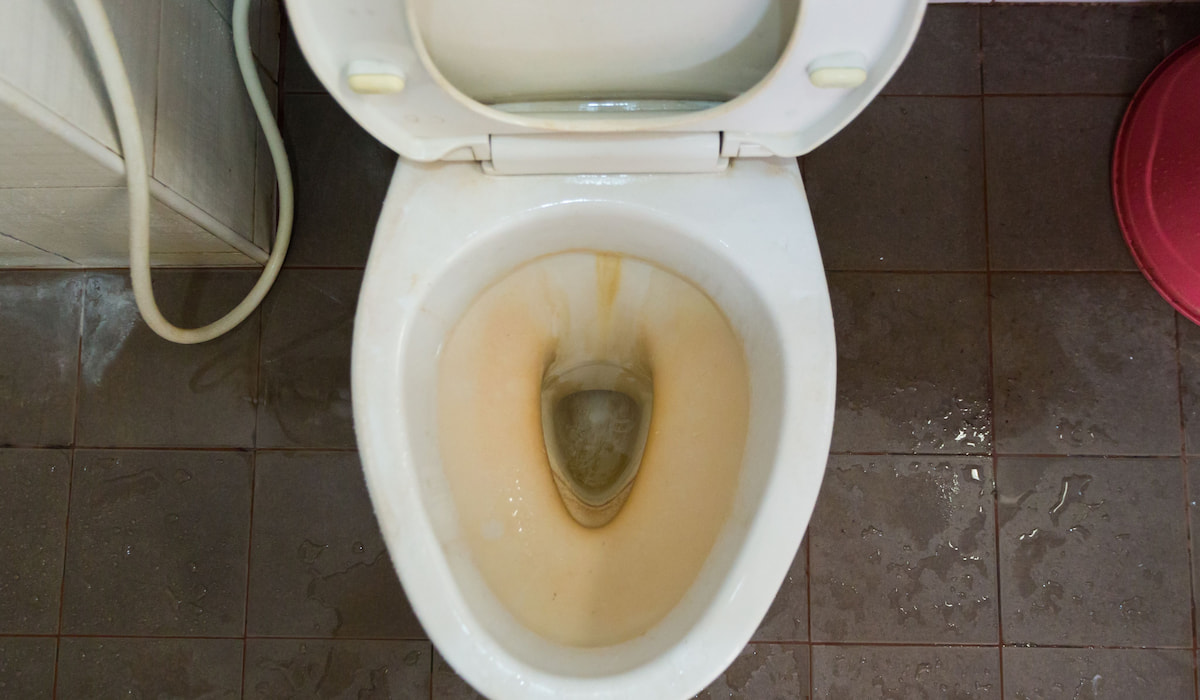
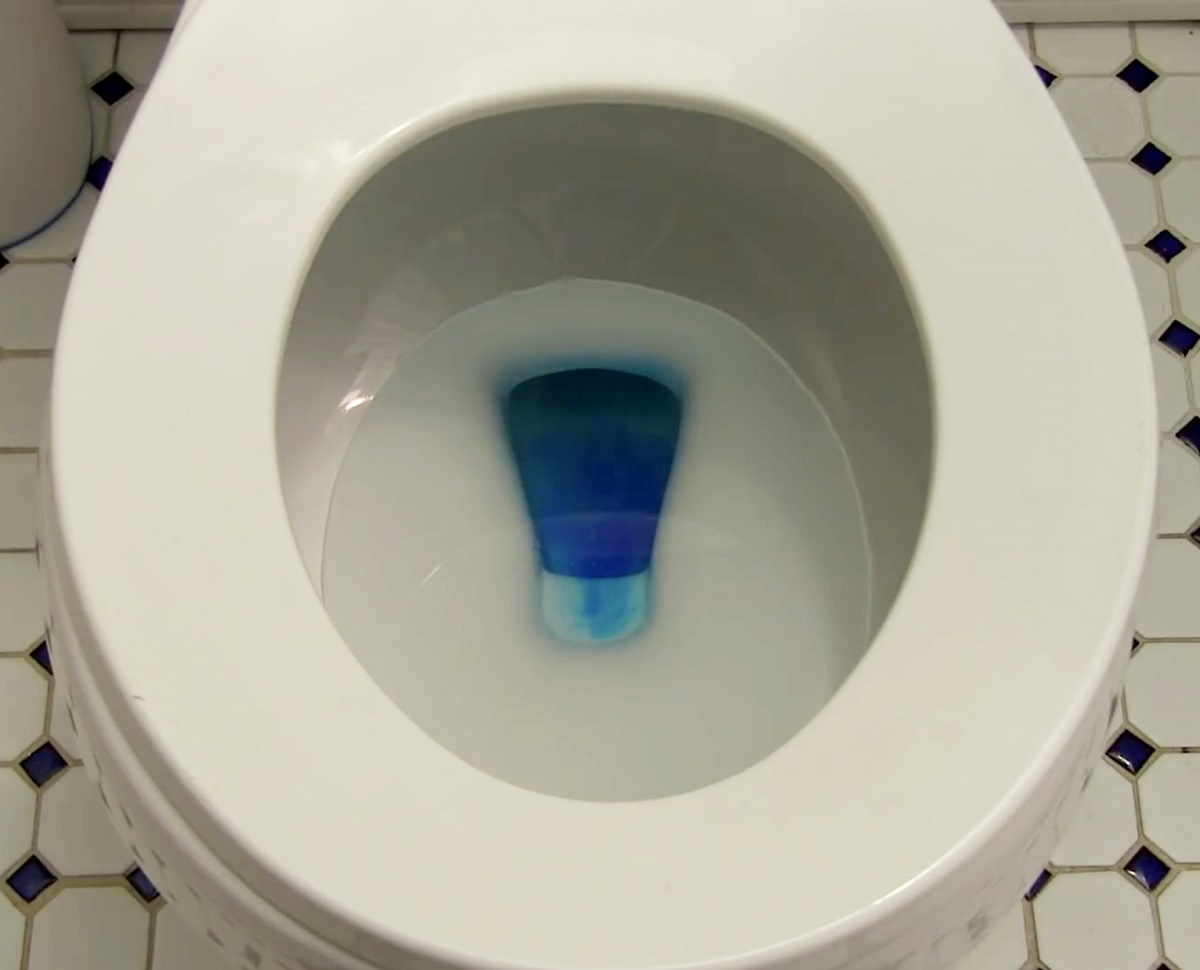
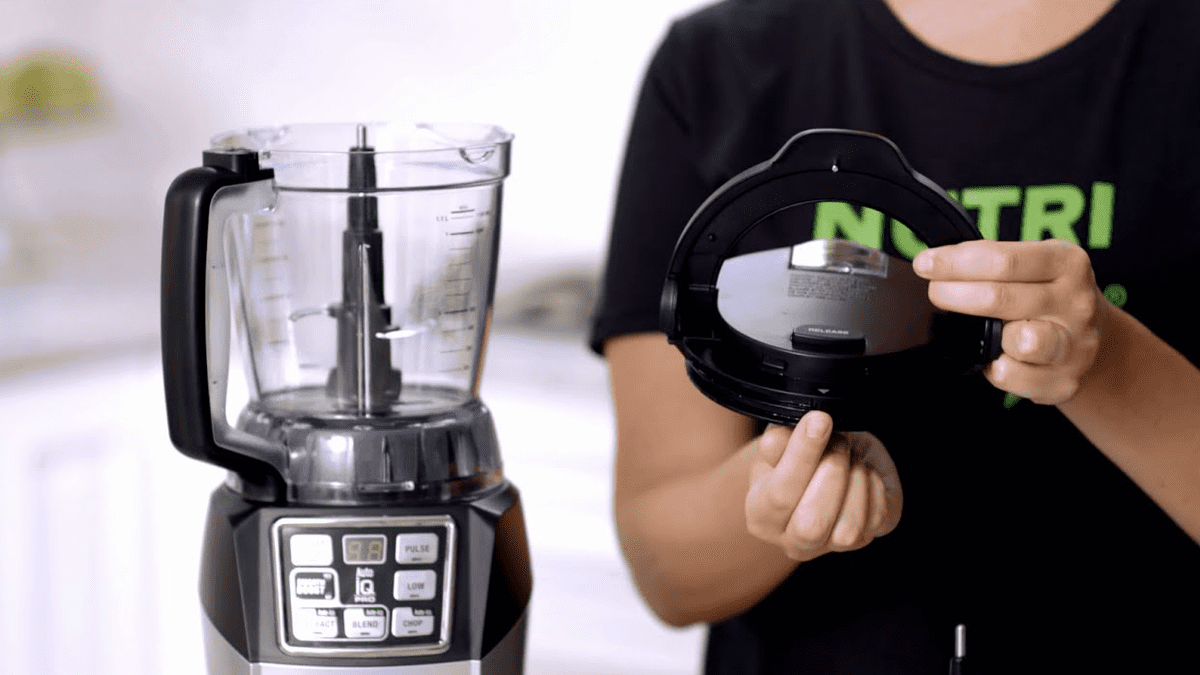
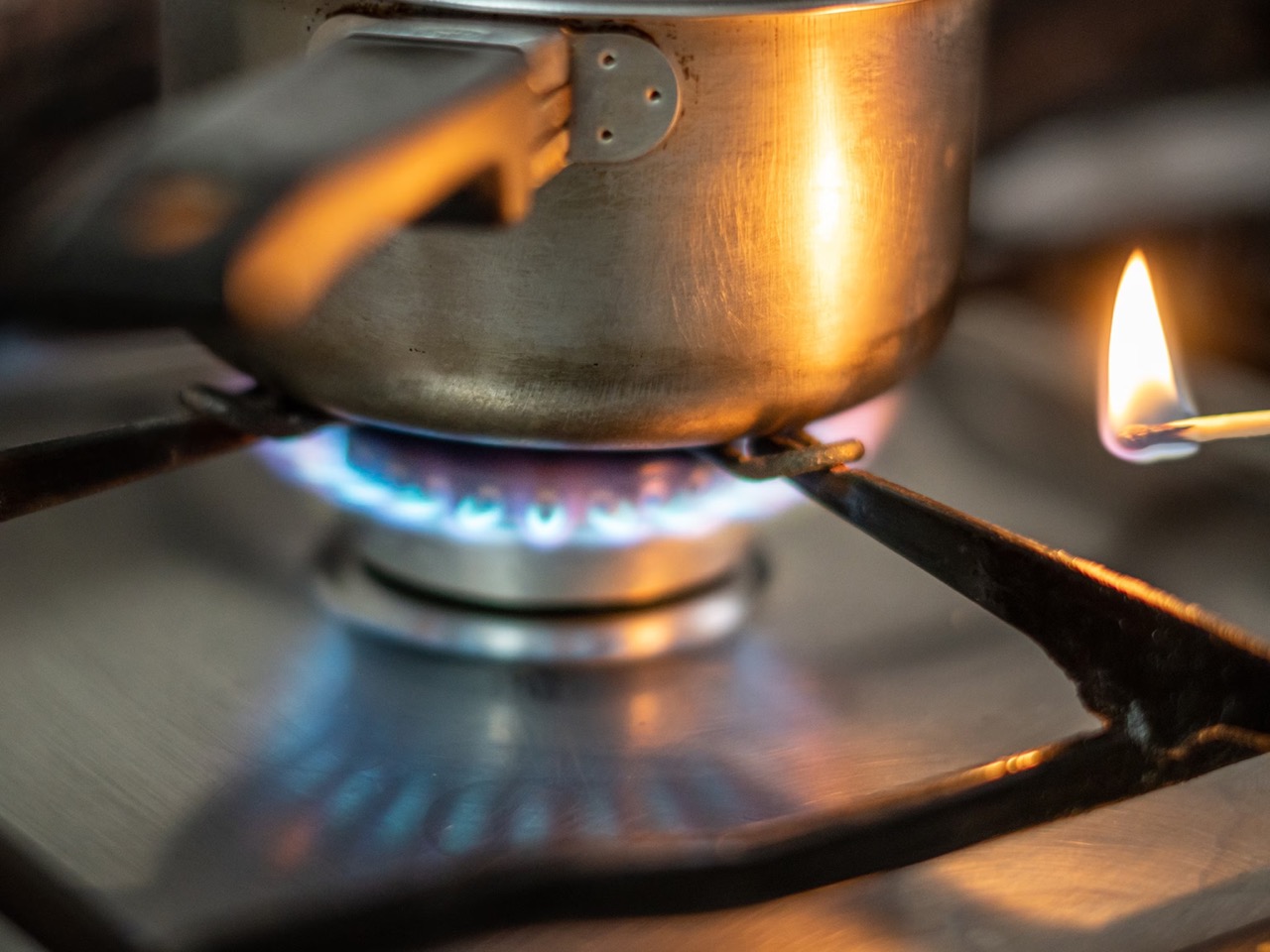
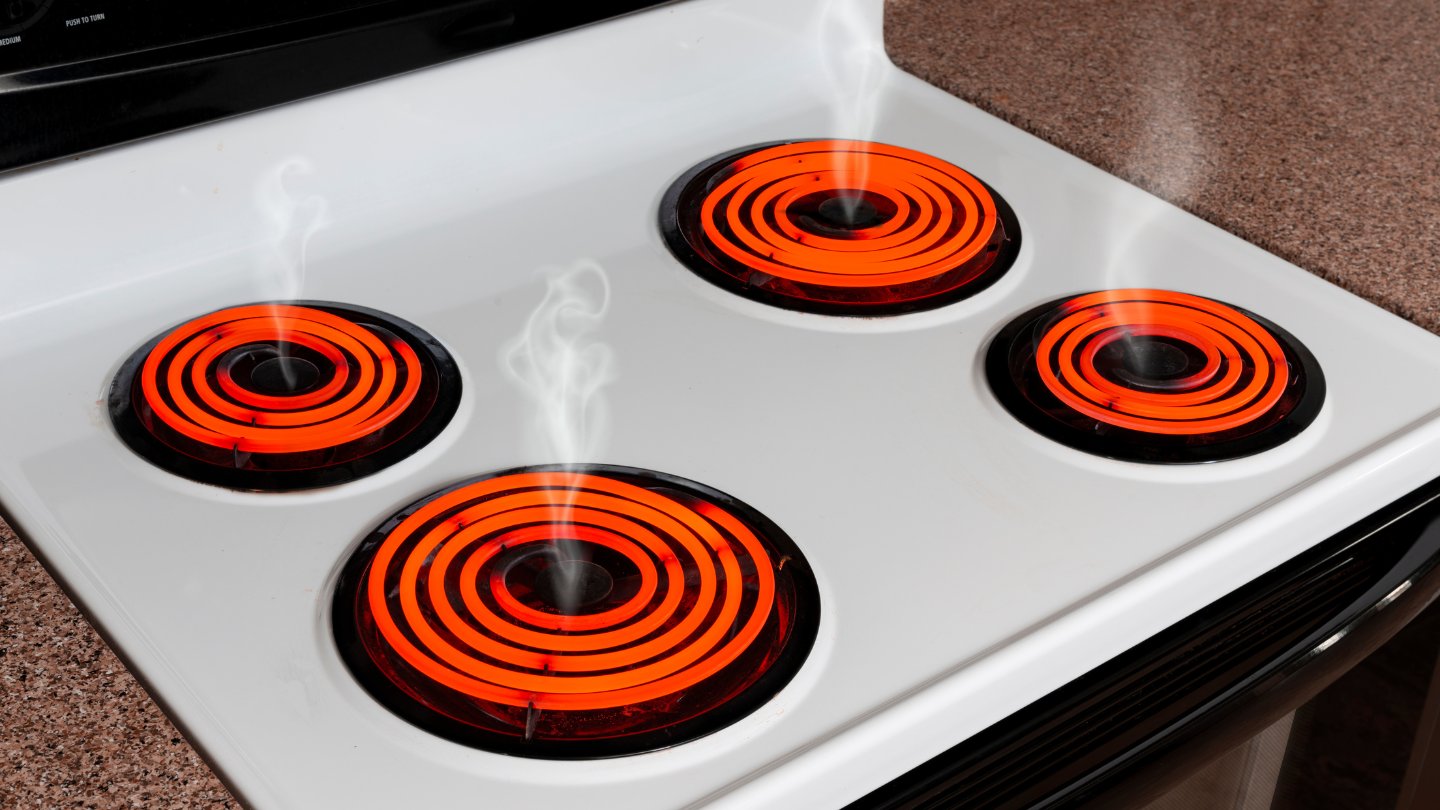
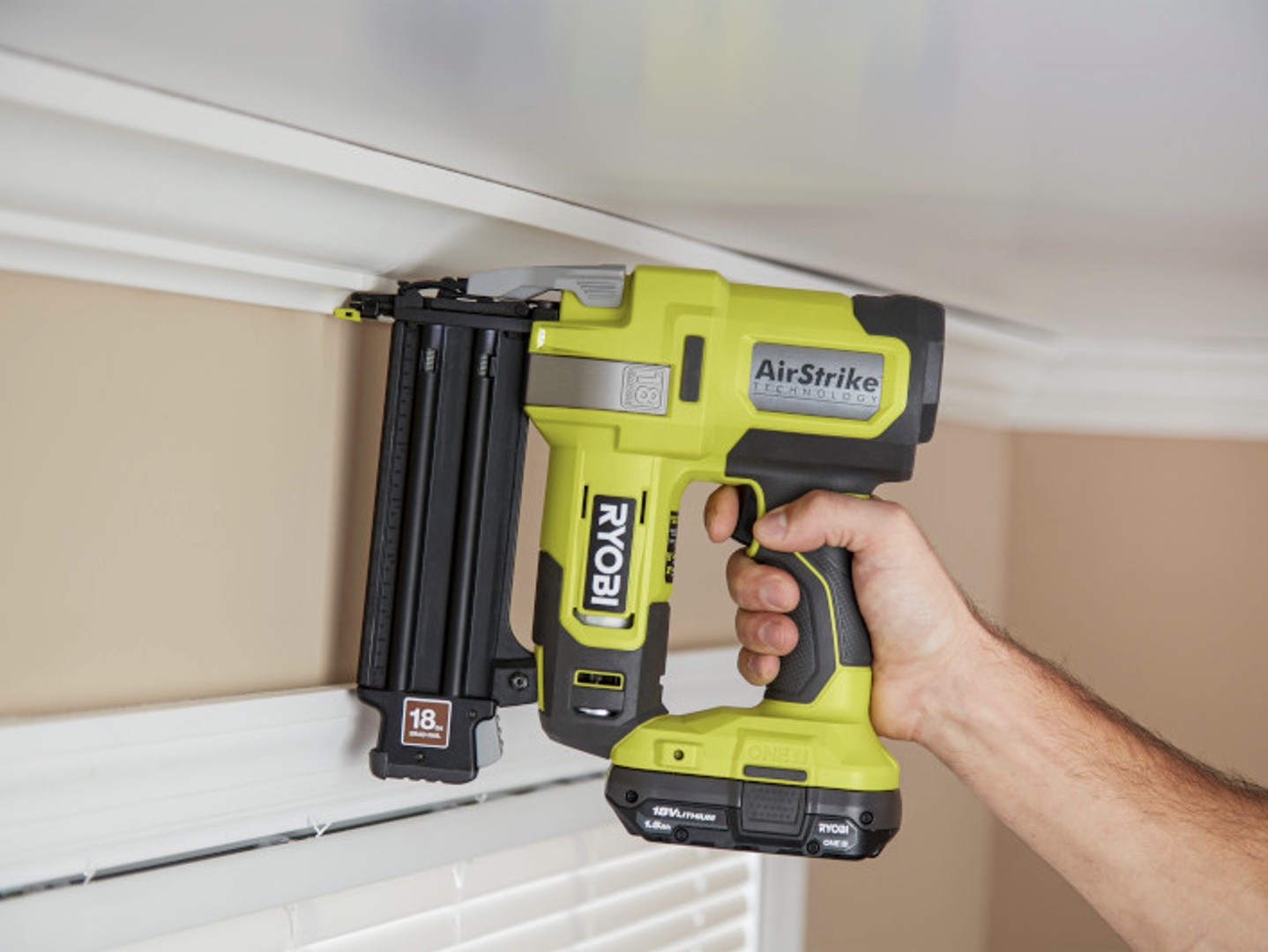
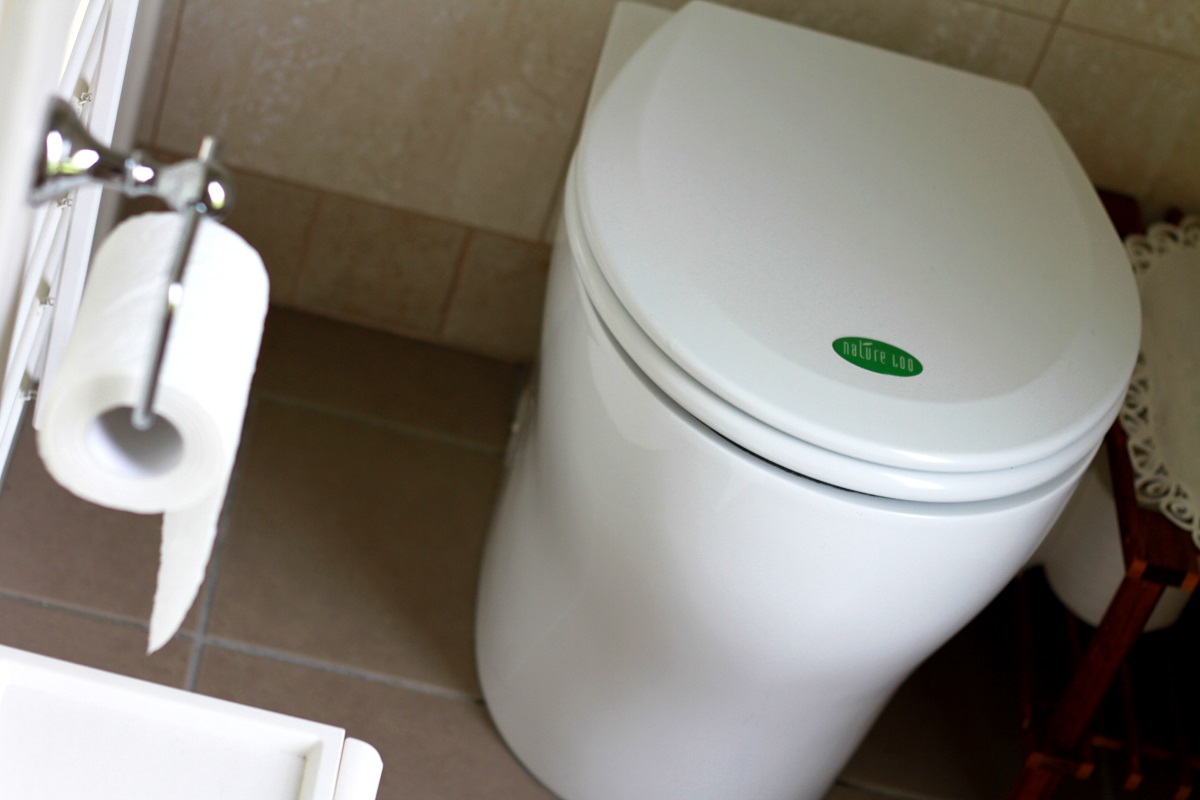

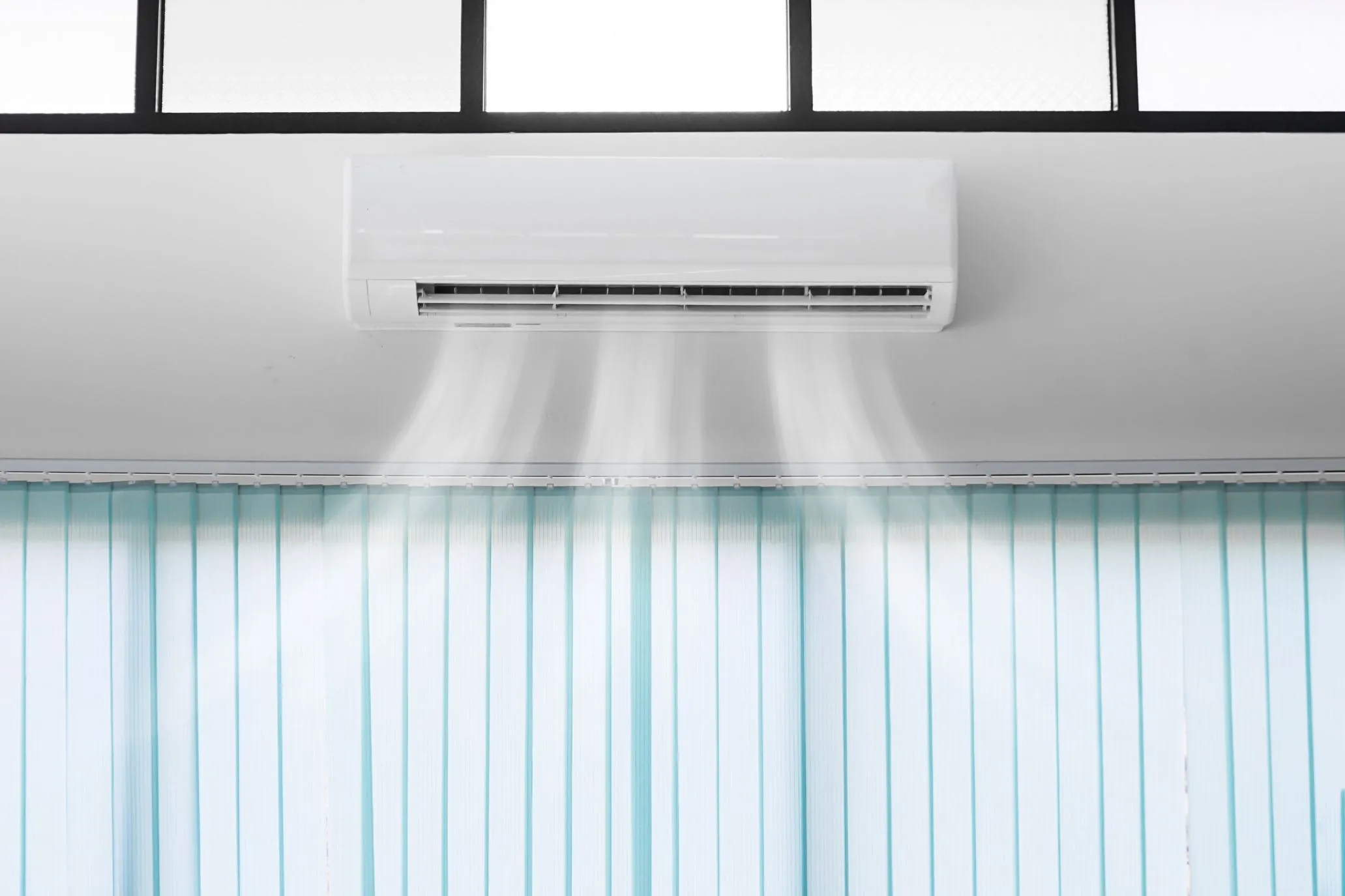
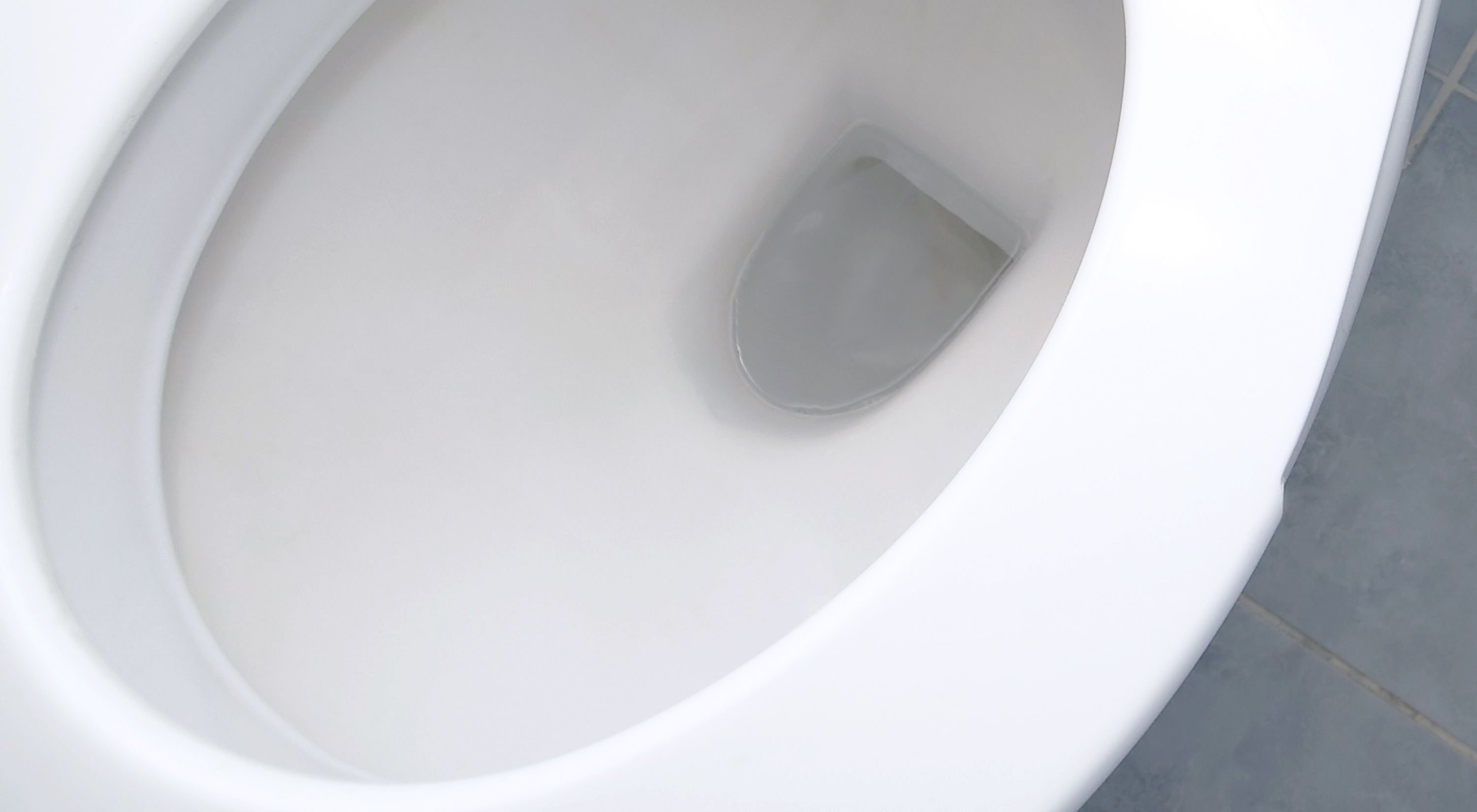
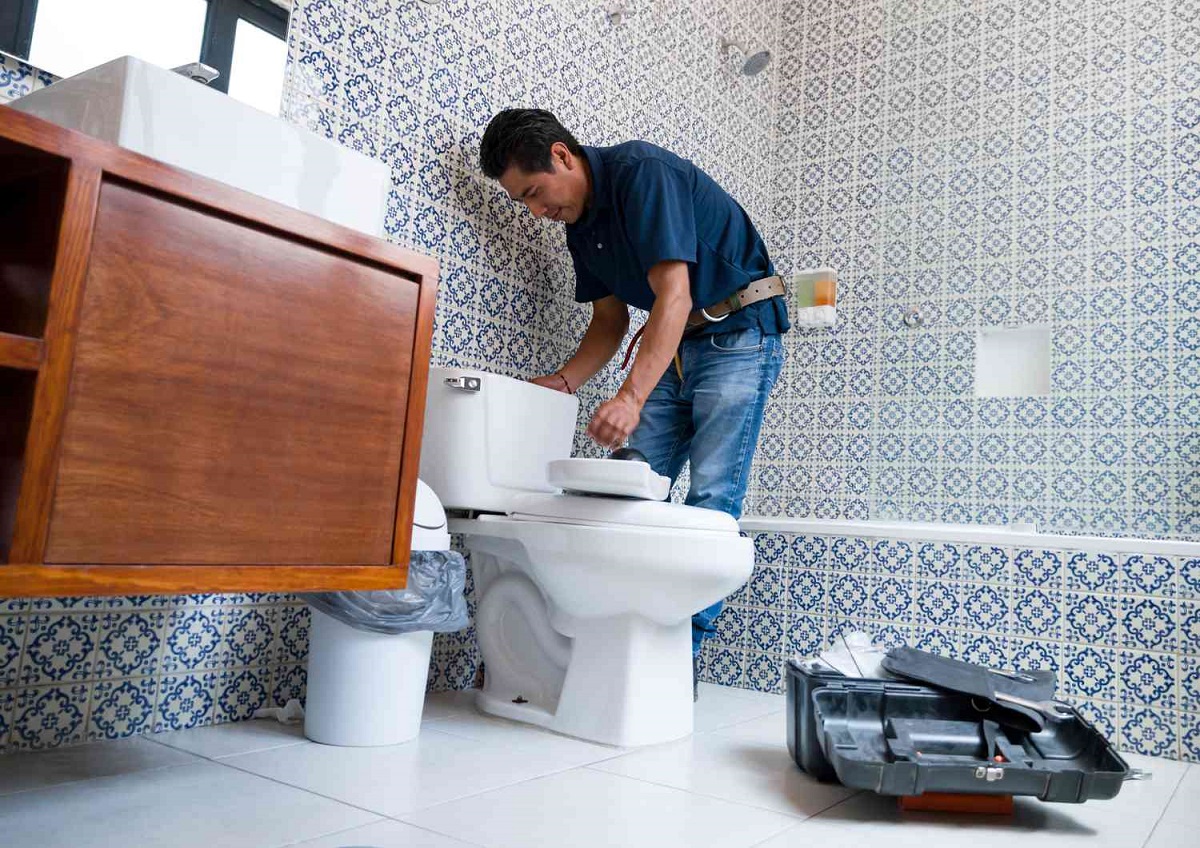
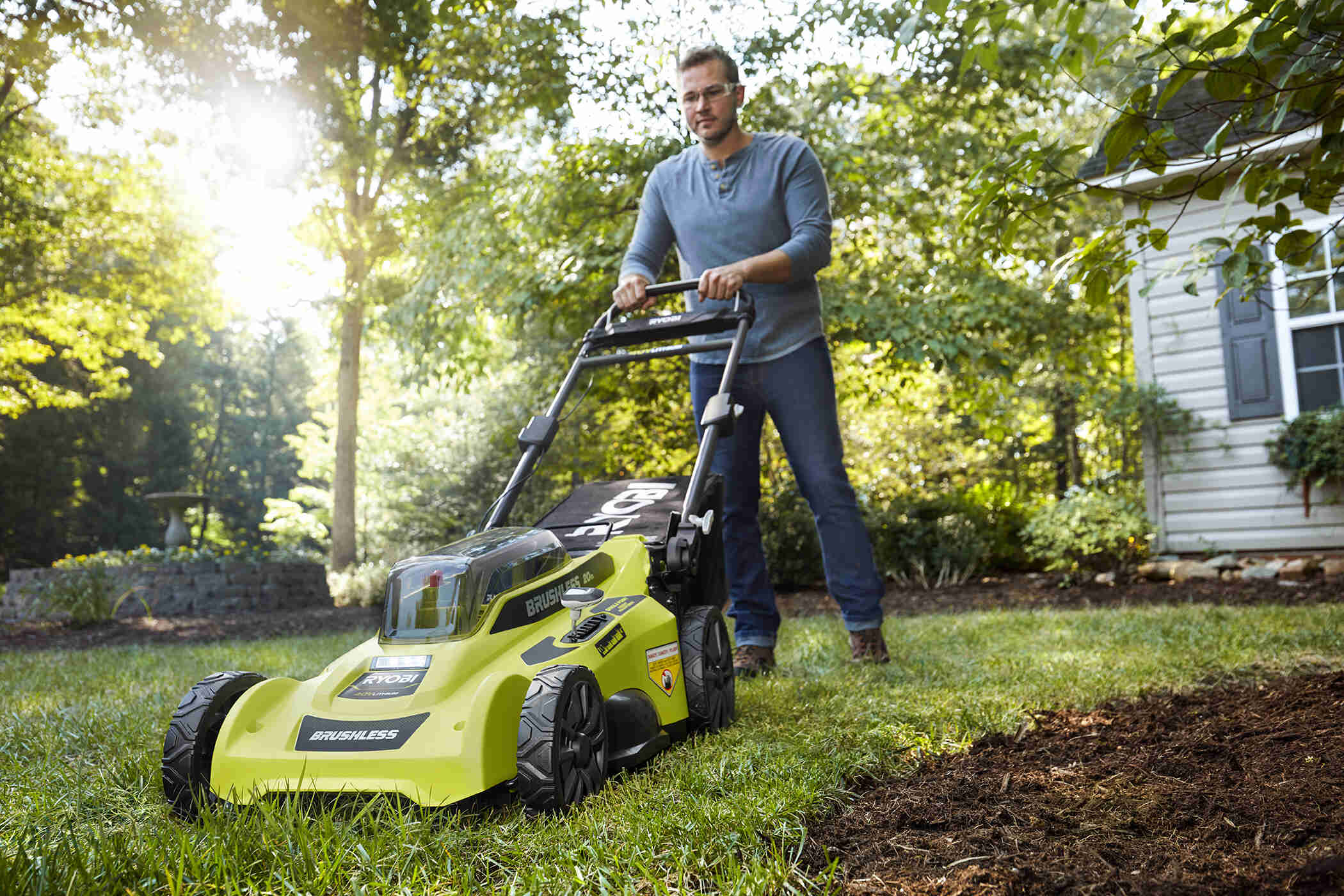
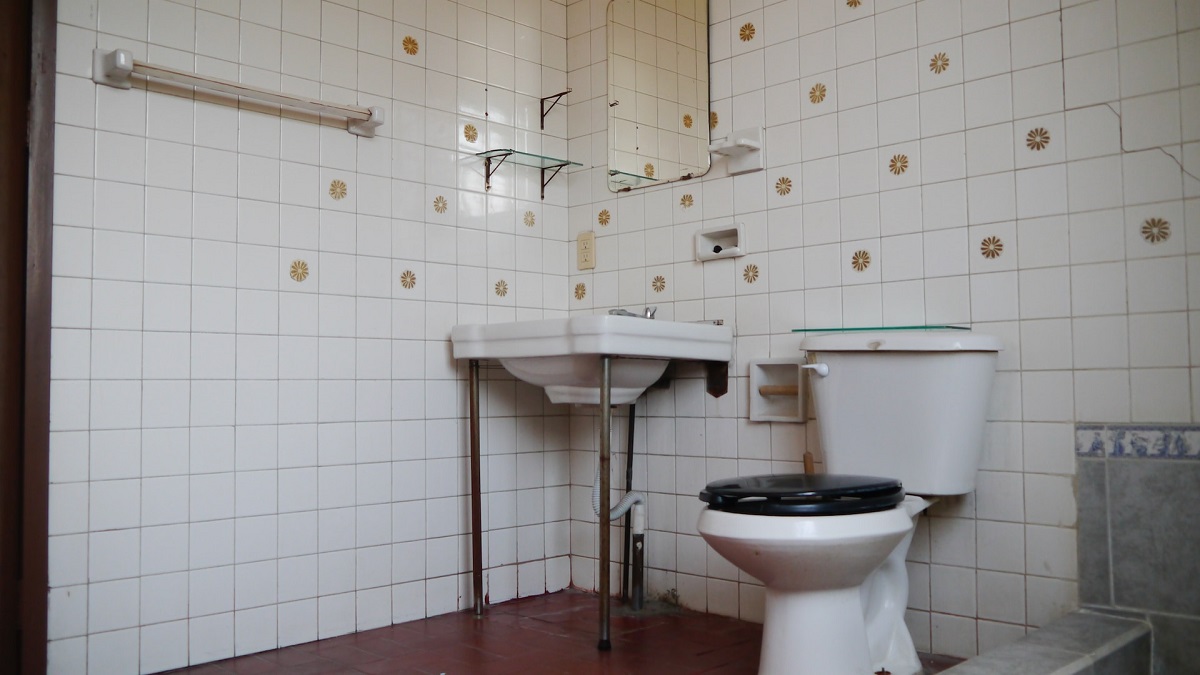

0 thoughts on “Why Is My Air Fryer Smoking”